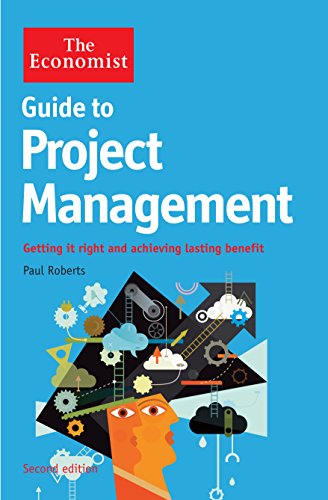GUIDE TO PROJECT MANAGMENT
₦3,000.00
THE ECONOMIST
Out of stock
Description
Many organisations do not change when they need to, nor do they change when they have to. If they did, fewer would fail. Like people, organisations, whether they are businesses or government departments, only change when they want to. Projects are embarked upon to bring about change and as such always involve a cultural shift— a new way of looking at things, adjustments to values and behaviours, even the abandonment of norms and sacred cows.
Managing projects cannot be separated from managing the whole of an organisation’s business. Experience demonstrates that a project requires the collaboration of many, including those who commission and finance it, those who will use the end product and those who build the product. Yet project management is often delegated to people who struggle against sometimes impossible odds with little support to deliver a successful outcome.
History is full of projects that ran horrendously late or over budget or substantially failed to deliver what they were meant to. The revised and expanded second edition of this much admired guide explains the principles and techniques of project management and how they are interconnected with the day-to-day management of a business. With its clear, structured approach, it is an invaluable handbook for helping managers make sure that their projects run to budget and schedule—and deliver the intended results.
Business history is rife with projects that have failed in some way and have embarrassed and damaged the organisations behind them. The failure may be attributed to all sorts of details but the common underlying reasons are few. Getting projects right is not easy and it is time consuming, but there are few organisations that could not be significantly better at managing them.
This guide sets out to show how to manage projects effectively in parallel with “business as usual” and emphasises how crucial it is to the success of a project that all the stakeholders in it collaborate.
Following an introduction there are 12 chapters:
- The components of effective project management
- Conceiving and prioritising projects
- Project roles and responsibilities
- Articulating the vision
- Planning: risks and rewards
- Planning: quality
- Planning: time and cost
- Initiating projects
- Project delivery
- Support and assurance
- Project closure and beyond
- Embedding effective project management
There is also a glossary of terms used in the book.
Product Details







